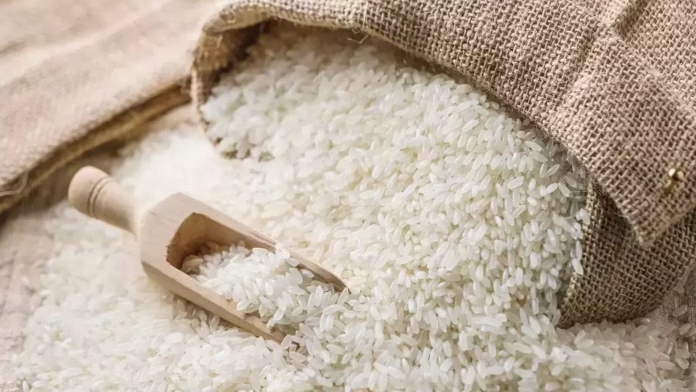The recent prohibition on rice exports by India has triggered a significant increase in the cost of this essential commodity, causing apprehension among Non-Resident Indians (NRIs) residing in the United States (US). Consequently, numerous NRIs are now opting to purchase numerous rice bags from their local grocery stores in anticipation of a potential scarcity and subsequent rise in prices.
The ban’s repercussions are reverberating through the substantial NRI community in the US. Concerns about rice availability and pricing have prompted a surge in demand as NRIs rush to secure this crucial commodity. Local grocery stores have witnessed a notable upswing in rice bag sales, with some customers opting to buy in bulk to prepare for potential uncertainties.
According to a report by The Times of India, the rice ban has sparked panic buying among the Telugu population in North America, Europe, and West Asia, driven by concerns over potential rice shortages. As a consequence, Indian grocery stores in these regions are witnessing long queues of customers. The report also mentioned that a 9kg bag of rice is currently being sold at $27.
Major cities like Texas, Michigan, and New Jersey have experienced instances of panic buying. In response to the increased demand and concerns over rice scarcity, certain stores in these cities have implemented sales limits, allowing customers to purchase only one rice bag each.
In response to multi-year high domestic prices caused by unpredictable weather conditions jeopardizing rice production, India, the world’s leading rice exporter, has recently taken the measure of banning all exports of non-basmati white rice. While this decision aimed to stabilize prices within the country, it has had ripple effects on the global rice market and triggered concerns about potential inflationary pressures.
Read More: India prohibits non-basmati white rice exports amidst supply concerns
Being a staple food for over 3 billion people globally, rice holds immense importance, especially in Asia, where nearly 90 per cent of its water-intensive cultivation takes place. However, the recent export ban imposed by India, a major player responsible for 40 per cent of the world’s rice exports, has had a significant impact on the global supply chain. The Asian rice trade has temporarily halted as traders assess the implications of this ban, with predictions of substantial price increases in the near future.





